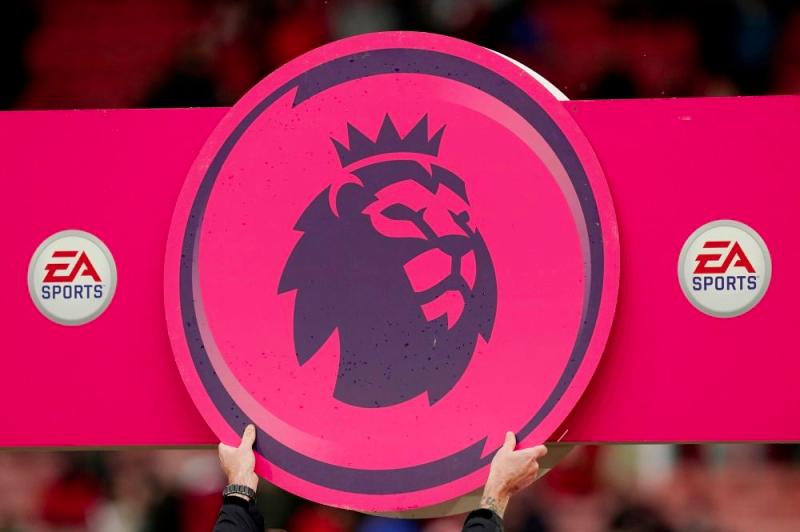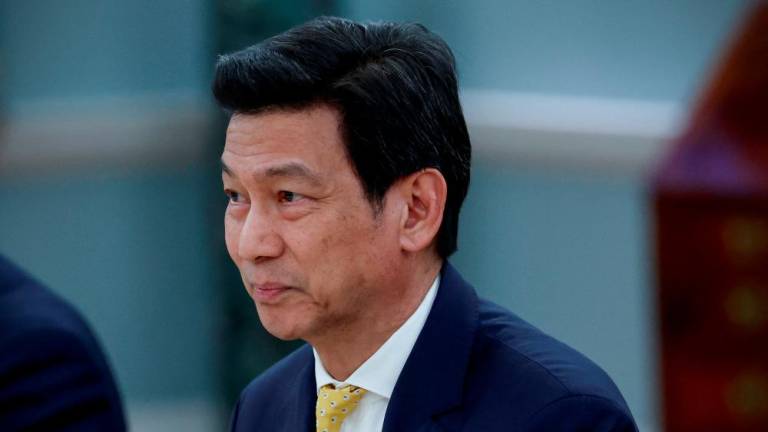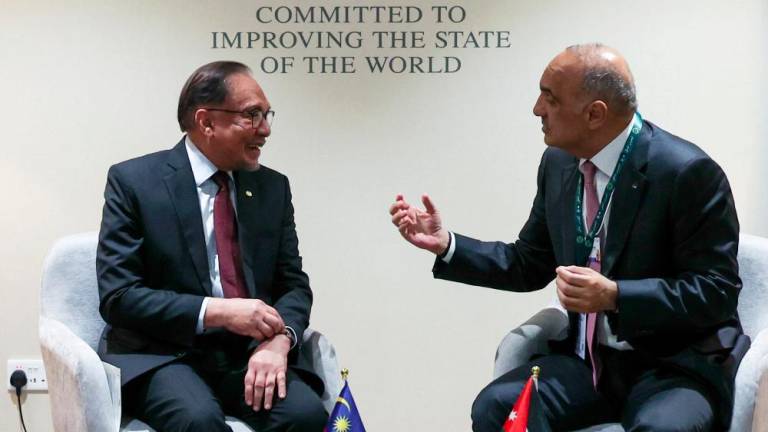PREMIER LEAGUE chief executive Richard Masters has hit out at plans for an independent regulator of English football, saying it could damage the league's competitive advantage over the rest of Europe.
The UK government has introduced a bill to enshrine it into law and could attempt to force the move through before a general election, expected later this year.
A regulator will have a raft of powers to ensure clubs are sustainably run and the ability to block teams from joining breakaway competitions such as the European Super League.
Premier League clubs enjoy the biggest broadcasting revenues in world football.
However, top-flight teams have been at loggerheads with the English Football League (EFL), which controls the three divisions below the Premier League, over a new funding agreement for the pyramid.
ALSO READ: Leicester report losses worth 89.7m pounds in latest account
A deal worth around £900 million ($1.1 billion) over six years for the lower leagues, and tied to future TV revenues, has been held up for months due to disagreements between Premier League clubs.
Teams in English football's elite competition were warned by the government last month that failure to reach a funding deal would lead to one being imposed on them.
Masters, however, insisted regulation risks harming the Premier League's status as the world's most-watched league.
“As chief executive of the Premier League, my overriding concern is that the bill would reduce our competitiveness and weaken the incredible appeal of the English game,“ he wrote in The Times on Tuesday.
ALSO READ: What next for the Premier League’s profit and sustainability rules?
“It is a risk that regulation will undermine the Premier League’s global success, thereby wounding the goose that provides English football's golden egg.
“It is a risk to regulate an industry that has worked so hard to lead the world, especially when none of its competitors are subject to the same regulation.”
Concerns expressed by Premier League clubs have been dismissed by those working on much smaller budgets in the lower leagues.
“The gap is just getting bigger and bigger between the Premier League and the rest (of Europe), so the idea that the Premier League is going to be unduly constrained or no longer competitive, I just don’t even see how that argument gets to first base,“ said EFL chairman Rick Parry.
ALSO READ: Premier League spending falls by £715m compared to last January










